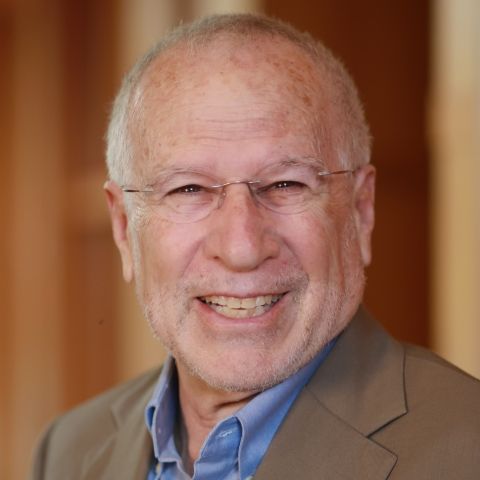This paper, prepared for a University of Chicago Law School symposium on “What’s the Harm? The Future of the First Amendment,” on October 25, 2019, seeks to analyze the circumstances under which even speech admittedly covered by the First Amendment may be justifiably restricted, and the First Amendment thus justifiably overridden. This is the idea implicit in Holmes’s notion of a “clear and present danger” of a century ago, but that idea persists. Although “clear and present danger” has been superseded by the test in Brandenburg v. Ohio for speech advocating illegality, clear and present danger still remains part of the doctrinal architecture of the First Amendment in numerous other contexts, most saliently these days with respect to the circumstances in which speakers may be restricted because of the dangers ensuing from the presence of a hostile audience. After exploring the doctrinal status of clear and present danger in the hundred years since Schenck, the article concludes with some tentative thoughts about the puzzle of compensation for those who free speech rights are justifiably overridden. If those whose property rights are justifiably taken for the public good are entitled to compensation under so-called takings doctrine, then should those whose free speech rights are also justifiably taken for the public good be similarly entitled to compensation or other redress?
For the over half-million people currently homeless in the United States, the U.S. Constitution has historically provided little help: it is strongly...
Gradualism should have won out in Dobbs v. Jackson Women’s Health, exerting gravitational influence on the majority and dissenters alike. In general...
Today, legal culture is shaped by One Big Question: should courts, particularly the US Supreme Court, have a lot of power? This question is affecting...
Constitutional review is the power of a body, usually a court, to assess whether law or government action complies with the constitution. Originating...
Liberalism is back on its heels, pushed there by political movements in the United States and Europe and by the critiques of legal scholars and...
Cyber stalking involves repeated, often relentless targeting of someone with abuse. Death and rape threats may be part of a perpetrator’s playbook...
Fifty years ago, federal and state lawmakers called for the regulation of a criminal justice “databank” connecting federal, state, and local agencies...
In the last few years, the Supreme Court has upended its doctrine of religious freedom under the First Amendment. The Court has explicitly rejected...
During times of crisis, governments often consider policies that may promote safety, but that would require overstepping constitutionally protected...
The United States has granted reparations for a variety of historical injustices, from imprisonment of Japanese Americans during the Second World War...
This Article develops a new way of understanding the law in order to address contemporary debates about judicial practice and reform. The...
In New York State Rifle & Pistol Association v. Bruen, Justice Thomas’s majority opinion announced that the key to applying originalist methodology...
In Poland, Venezuela, Rwanda, and several other countries, governments have in the past years altered basic rules of their constitutional system to...
In Chile, many commentators, academics and political leaders have spent years arguing that the limited nature of the social rights in the national...
The demise of Roe v. Wade has raised a host of religious liberty questions that were submerged prior to the Supreme Court’s decision in Dobbs v...
